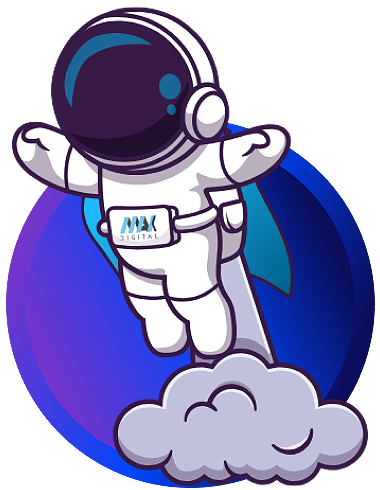
Choosing MAKDigital means partnering with a team of experienced professionals dedicated to your success. We offer tailored solutions, expert advice, and a commitment to delivering exceptional results. Our focus on innovation and customer satisfaction sets us apart in the eCommerce industry.

Here are quick answers related to this page to clarify key points and help you apply the ideas.
AI SEO engines answer questions with synthesized responses that include citations. They parse intent, retrieve trustworthy sources, and present concise explanations instead of only listing links.
They weigh authority, relevance, freshness, and entity clarity. Pages with clean structure, clear facts, and visible authors are more likely to be cited.
Traditional SEO targets rankings and clicks. AI SEO targets being a cited source inside answers, which rewards precise claims, strong schema, and easy extractability.
Lead with a clear question and a concise answer, then add details. Include primary sources, dates, and author bylines. Keep terminology and entities consistent across pages.
Add appropriate JSON LD such as Article, FAQPage, Product, and Organization. Validated schema clarifies relationships that AI can trust.
Tag AI assisted pages, annotate releases in GA4, monitor Search Console for query shifts, and track citations or referrals from answer engines where available.
Avoid thin content, unverified facts, and inconsistent entities. Maintain E E A T with expert review, accurate citations, and regular updates.
Use ChatGPT or Claude for drafting, Perplexity for research with citations, Ahrefs or Semrush for data, Screaming Frog for audits, and Rich Results Test for schema validation.